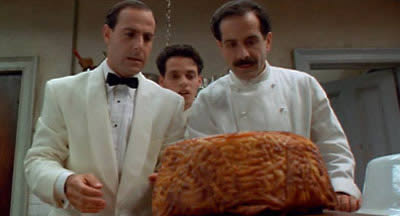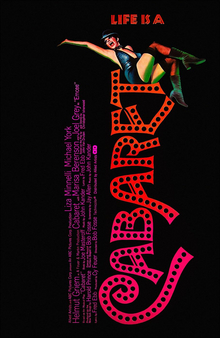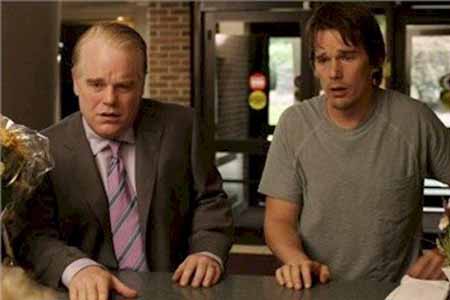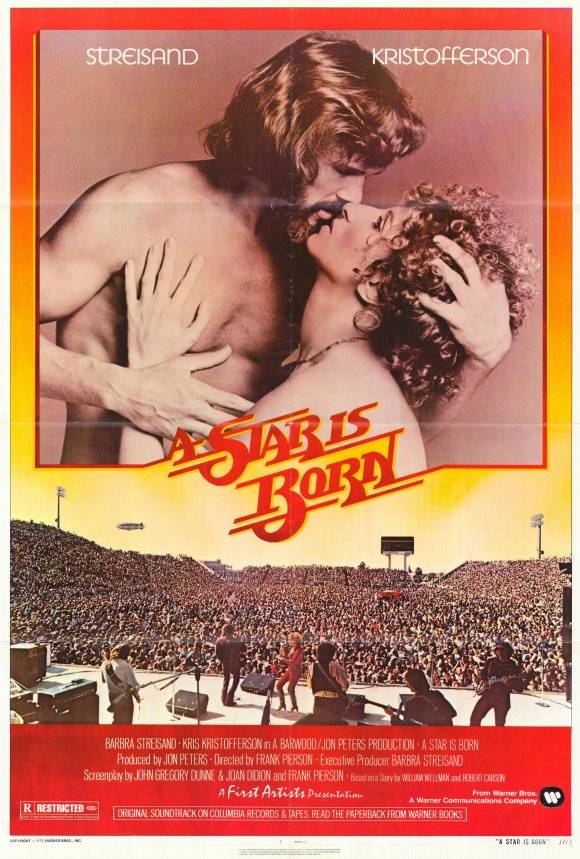
Elisabeh Shue's utterly enchanting performance in the starring role is the centerpiece and main selling point of 1987's Adventures in Babysitting, a highly improbable but richly entertaining comedy, that is sort of a distaff re-thinking of Ferris Bueller's Day Off.
Shue plays Chris, a high school senior who is dumped by her scummy boyfriend (Bradley Whitford) right before their big date. With no other plans, Chris accepts an offer to babysit for Brad (Keith Coogan), who has a major crush on Chris, and Sara (Maia Brewton) while their parents go to a party.

Right after Brad's BFF Daryl (Anthony Rapp) shows up with the latest edition of Playboy that features a centerfold who bears an uncanny resemblance to Chris, Chris gets a phone call from her BFF Brenda (Penelope Ann Miller), who has run away from home but is in some serious trouble at the downtown Chicago bus terminal and asks Chris to come pick her up. Chris has no choice but to pile the boys and Sara into the station wagon and drive downtown, beginning one of the most bizarre comic adventures ever filmed, which includes car trouble, an encounter with some very dangerous criminals, and a garage mechanic (Vincent D'Onofrio) who bears an uncanny resemblance to a comic book hero that Sara worships, a strange detour into a blues club, and Chris' encounter with a dreamy frat boy (George Newbern) who becomes her savior.
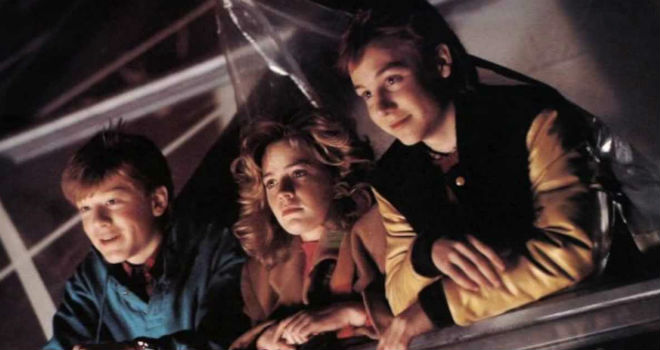
This movie isn't exactly steeped in realism and it is hard to believe that everything that happens here happens in the course of a few hours and credibility is stretched to its limit at every turn. There is one scene where the children are actually climbing the exterior of the building where the party is that their parents are attending! But what makes this movie so deliciously entertaining is Elisabeth Shue's wonderful performance as Chris...no matter how dangerous or ridiculous their situation becomes, Chris never forgets that she is the babysitter and that these kids are her responsibility, not to mention making Brad feel like a king without leading him on.
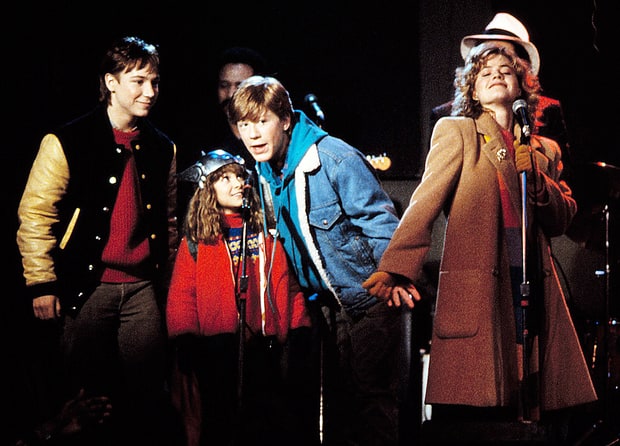
Shue receives solid support from Keith Coogan and Daryl Rapp and from Calvin Levels as a sympathetic thief. According to the IMDB, Elisabeth's brother, Andrew, who played Billy on Melrose Place, is an extra in this film but I have never noticed him (the frat party is probably a good place to start looking if you care). Shue makes this a fun little ride and if you liked Ferris Bueller, you'll like this.
Last edited by Gideon58; 07-14-16 at 08:53 PM.

